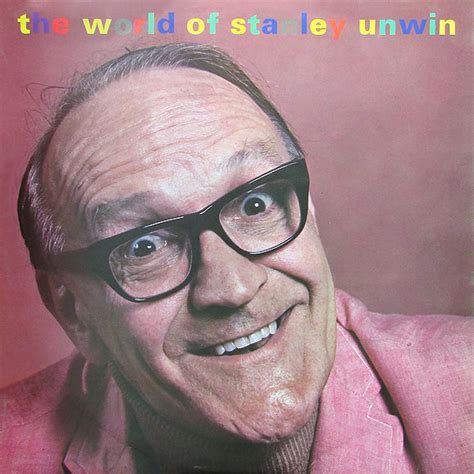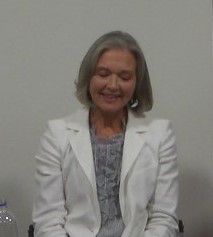A Quote by Charles Caleb Colton
Much may be done in those little shreds and patches of time which every day produces, and which most men throw away.
Related Quotes
For a year after that was done to me I wept every day at the same hour and for the same space of time. That is not such a tragic thing as possibly it sounds to you. To those who are in prison tears are a part of every day's experience. A day in prison on which one does not weep is a day on which one's heart is hard, not a day on which one's heart is happy.
However much pains may be taken to combine the soldier and the citizen in one and the same individual, whatever may be done to nationalize wars, never will it be possible to do away with the professionalism of the business; and if that cannot be done, then those who belong to it will always look upon themselves as a kind of guild, in the regulations, laws, and customs in which the "Spirit of War" finds its expression. It would be very wrong to look down upon this corporate spirit, or esprit de corps, which may and should exist more or less in every Army.
There is such a difference between the pursuits of men in great cities that one part of the inhabitants lives to little other purpose than to wonder at the rest. Some have hopes and fears, wishes and aversions, which never enter into the thoughts of others, and inquiry is laboriously exerted to gain that which those who possess it are ready to throw away.
We need be careful how we deal with those about us, when every death carries to some small circle of survivors, thoughts of so much omitted, and so little done- of so many things forgotten, and so many more which might have been repaired! There is no remorse so deep as that which is unavailing; if we would be spared its tortures, let us remember this, in time.
Paris presents one incessant round of amusement & dissipation but very little, I believe - even for its inhabitants of that society - which interests the heart. Every day, you may see something new, magnificent & beautiful; every night, you may see a spectacle which astonishes & enchants the imagination.
Open your eyes and look for some man, or some work for the sake of men, which needs a little time, a little friendship, a little sympathy, a little sociability, a little human toil....It is needed in every nook and corner. Therefore search and see if there is not some place where you may invest your humanity.
The world men inhabit is rather bleak. It is a world full of doubt and confusion, where vulnerability must be hidden, not shared; where competition, not co-operation, is the order of the day; where men sacrifice the possibility of knowing their own children and sharing in their upbringing, for the sake of a job they may have chosen by chance, which may not suit them and which in many cases dominates their lives to the exclusion of much else.
Social progress means a checking of the cosmic process at every step and the substitution for it of another, which may be called the ethical process; the end of which is not the survival of those who may happen to be the fittest, in respect of the whole of the conditions which obtain, but of those who are ethically the best.
Those who keep the masses of men in subjection by exercising force and cruelty deprive them at once of two vital foods, liberty and obedience; for it is no longer within the power of such masses to accord their inner consent to the authority to which they are subjected. Those who encourage a state of things in which the hope of gain is the principle motive take away from men their obedience, for consent which is its essence is not something which can be sold.




































